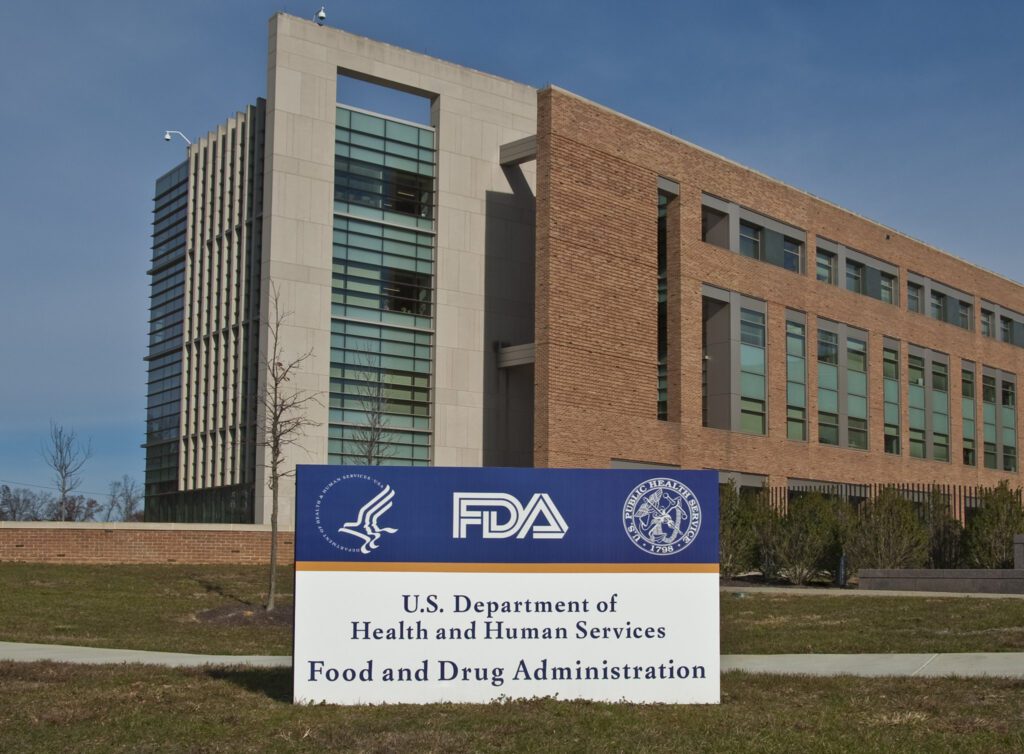The Accelerated Approval (AA) pathway, one of the U.S. Food and Drug Administration’s (FDA) most valuable tools that allow drugs to launch in the U.S. market based on promising early results, saw a decline in use this year, reported the Associated Press.
The FDA significantly cut back on the Accelerated Approval pathway in 2022, granting AA to only ten drugs. This is fewer than in any of the previous five years when the use of the program designed to speed treatments to patients reached all-time highs.
What is the Accelerated Approval pathway?
Established in the 1990s to boost research and development for HIV/AIDS, Accelerated Approval has since enabled the market entry of approximately 300 drugs, mostly for cancer and rare diseases.
The program was instituted by the FDA “to allow for earlier approval of drugs that treat serious conditions and fill an unmet medical need based on a surrogate endpoint,” says FDA. This marker “is thought to predict clinical benefit but is not itself a measure of clinical benefit.”
The pathway can “considerably shorten the time required prior to receiving FDA approval,” bringing treatments to patients sooner.
Critics have argued the practice has resulted in many expensive drugs with unproven benefits for the patients. FDA’s reduction in the use of the pathway is seen as a response to those critics.
Majority of AA drugs receive traditional approval
However, a recent report by Vital Transformation finds 75% of AA drugs get traditional FDA approval within four years.
Cases where the Accelerated Approval drugs took more than five years to confirm efficacy were a result of the fact that “82% of Accelerated Approvals are for orphan indications, rare cancers and other diseases with fewer than 200,000 U.S. patients,” so it takes longer to put together clinical trials.
Critics have also said drugmakers receiving Accelerated Approval take too long to complete trials, an issue that seems to have been politicized, we previously reported.
However, it seems that FDA regulators are already testing the new approach, increasingly demanding that drugmakers have their confirmation studies underway before approval.
“A higher bar could spell trouble for smaller drugmakers,” who use AA to raise more development funding, the AP said. They often rely on the pathway to gain a market foothold before raising additional funds for research.
And it could chill the development of new drugs, especially for cancers and rare diseases, said Vital Transformation CEO Duane Schulthess.
Although it is unclear if the trend of changing the approach will continue, patients would likely lose treatments without it. According to Vital Transformation, about two-thirds would never reach the market if the program was dramatically altered, impacting as many as 3.6 million patients.
The Vital Transformation study was produced with support from the Biotechnology Innovation Organization (BIO).




